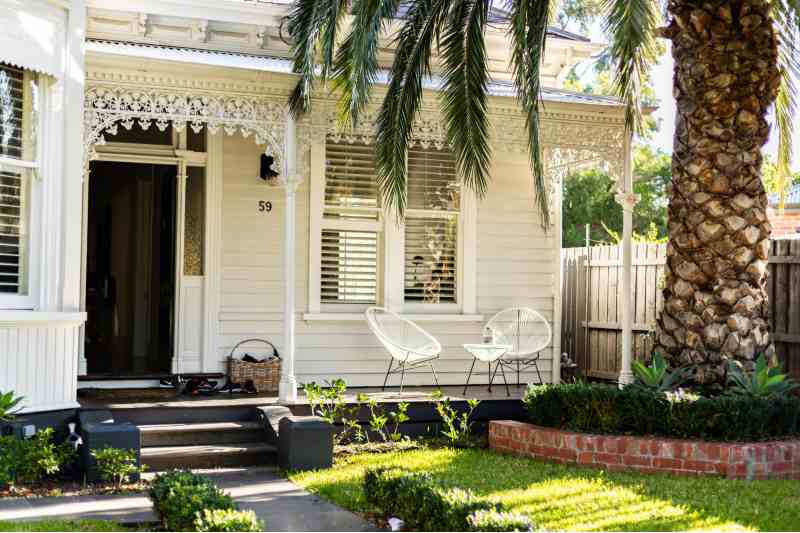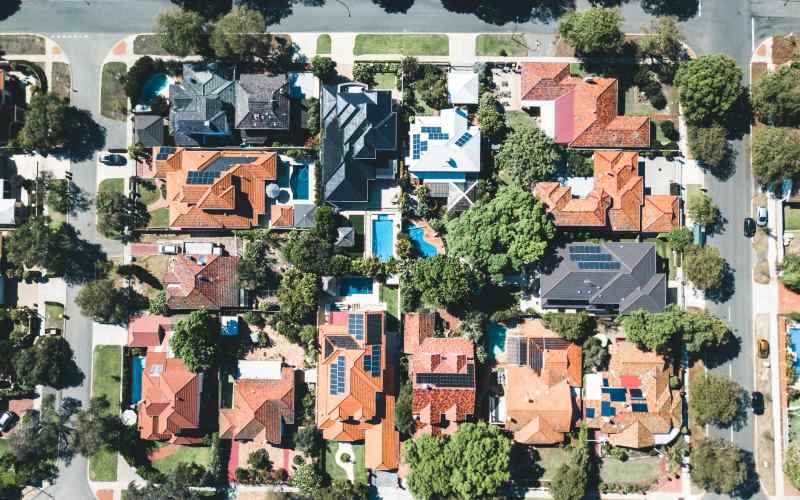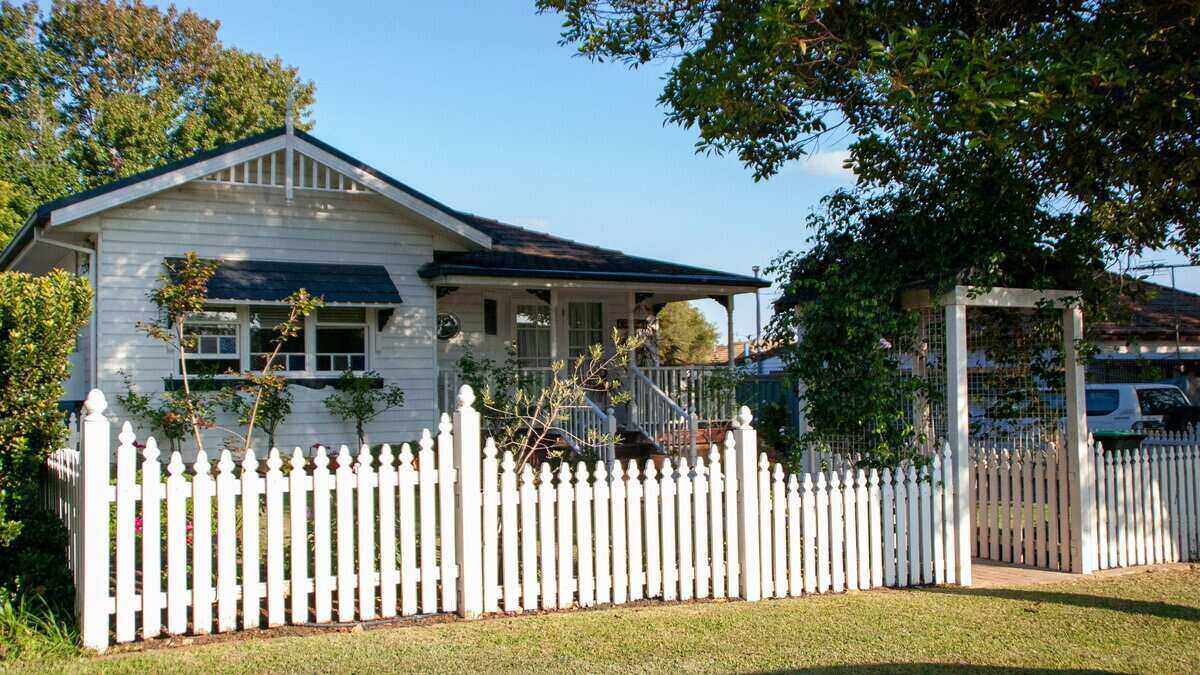The latest Commonwealth Bank (CBA) Household Spending Intentions Series (HSI) data showed home buying intentions declined only marginally in March, but still remained near all-time record highs.
CBA Chief Economist Stephen Halmarick said low interest rates could be supporting buying intentions but pointed to a drop in turnover caused by the ban on auctions and open homes.
"The Reserve Bank of Australia's substantial monetary policy easing over March has seen mortgage interest rates fall and this would (under normal circumstances) be expected to support buying intentions," he said.
"Since March, however, turnover in the housing market has declined significantly as public open houses and public auctions were banned, as evidenced by the fall in auction clearance rates.
"Rising job insecurity is also a factor.”
Property values in the country's two largest markets are expected to be hardest hit by the pandemic and could fall by as much as 30%, which would spell opportunities for buyers.
The spending habits of Australians in response to the pandemic could be clearly seen in the data.
"The Commonwealth Bank Household Spending Intentions (HSI) series, data to end March 2020, indicates a clear response to efforts to slow the spread of COVID-19," Mr Halmarick said.
Entertainment and travel spending intentions fell sharply in March as lockdown and travel restriction measures took hold.
"The March Travel HSI readings are the lowest, by a large margin, since the series began," Mr Halmarick said.
"The ongoing shutdown of key sectors of the economy, the effective closing of the borders and the government directive to ‘stay at home’, could be expected to weigh on the Travel intentions HSI for a number of months."
In contrast, retail and health and fitness spending intentions both jumped significantly higher in March.
"The surge in spending in March was likely related to consumer’s response to the developing COVID-19 shutdown and a jump in spending on supermarket items, alcohol and household equipment and furnishings," Mr Halmarick said.
"The increase in the Health and Fitness HSI may be related to spending intentions on medical needs and the desire to create ‘home gyms’ and/or undertake ‘virtual’ personal training activities in the COVID-19 shutdown period."
Education spending intentions also ticked higher in March as online and virtual schooling came into effect.
There are some signs of a 'wealth effect' from the housing market supporting spending intentions for motor vehicles, according to the data.
"The HSI readings for motor vehicles showed a distinct turn up in spending intentions from late in 2019 – which then extended into early 2020," Mr Halmarick said.
"However, this improvement partly reversed in March as the COVID-19 shutdown made shopping for a new car or commercial vehicle challenging."
Car sales figures have been diving for the last two years but some experts believe the coronavirus crisis presents the "perfect storm" for buying a car.

Ready, Set, Buy!
Learn everything you need to know about buying property – from choosing the right property and home loan, to the purchasing process, tips to save money and more!
With bonus Q&A sheet and Crossword!



 Harry O'Sullivan
Harry O'Sullivan
 Harrison Astbury
Harrison Astbury











